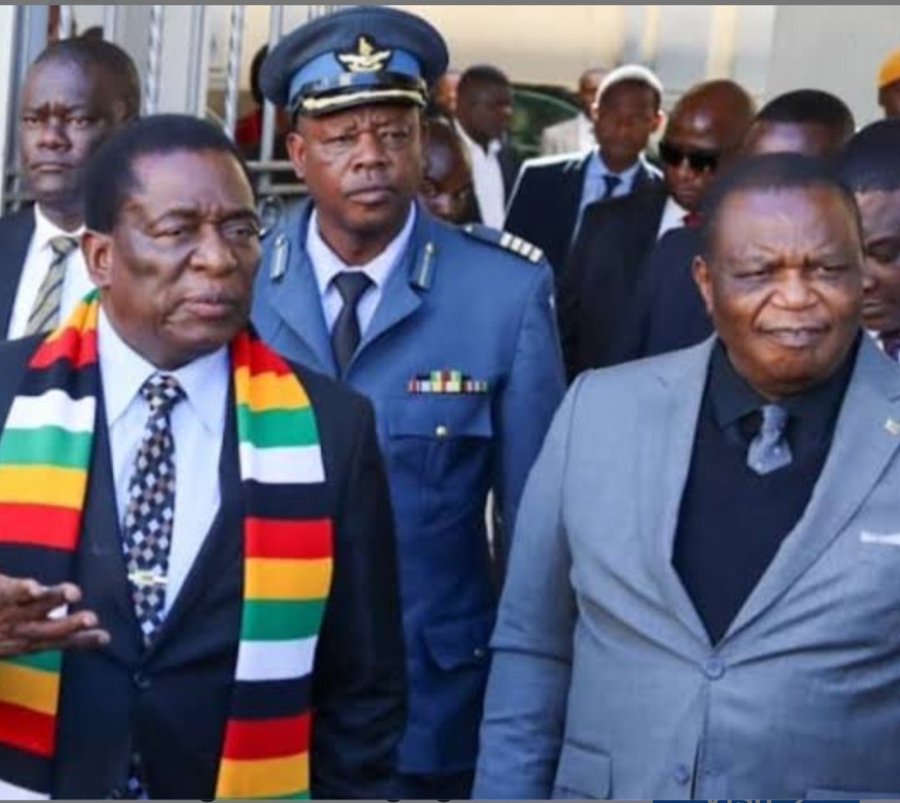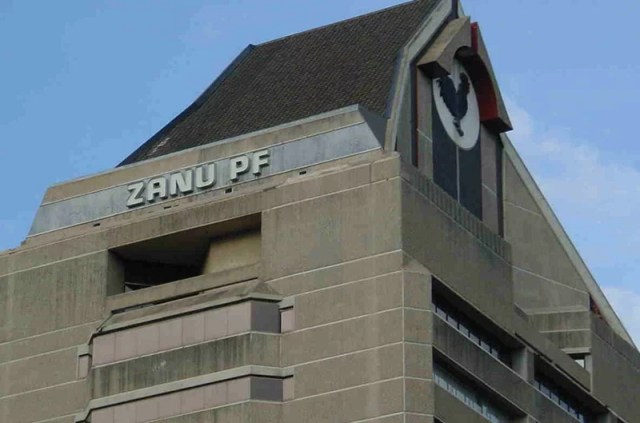ZIMBABWE COURT FREES ACTIVISTS ON BAIL BUT FIGHT FOR FREEDOM CONTINUES

In Zimbabwe, three opposition activists have been released on bail by the High Court. The three activists are Namatai Kwekweza, Robson Chere, and Samuel Gwenzi. They were arrested on July 31, 2024. Along with them, Vusumuzi Moyo, an artist and sound engineer, was also arrested. The arrest took place at Robert Mugabe International Airport in Harare. The group was on their way to Victoria Falls to attend a conference called the African Philanthropy Conference.
The police took them off the plane before it could take off. The police said they arrested them because they were planning to create problems in public. This accusation comes from old laws that Zimbabwe still uses today. These laws were made during the colonial times when Zimbabwe was under British rule. The arrests happened just before an important meeting of the Southern African Development Community (SADC) in Harare.
The arrest of these activists is part of a larger effort by the government to crack down on civil society. Civil society groups, like the ones that fight for human rights and democracy, have been under a lot of pressure. The government has been trying to stop opposition activists from meeting or speaking out, especially during big events like the SADC summit. This crackdown shows how hard it is for people in Zimbabwe who want change and democracy. Many face arrest, harassment, and other serious problems from the government.
Robson Chere had an especially hard time while in police custody. Reports say he was badly tortured by the police. His injuries were so serious that they were life-threatening. But even though he was hurt badly, the police did not give him medical attention. This has raised concerns among human rights groups, who say that the Zimbabwean police often use torture and deny people their basic rights. Chere’s case is an example of the difficult challenges that activists face in Zimbabwe.After spending several days in detention, Kwekweza, Chere, and Gwenzi were brought to court. The Zimbabwe Lawyers for Human Rights (ZLHR) represented them. This group is well known for defending activists and other people who have been treated unfairly by the government. ZLHR has been very active in Zimbabwe, helping many people who are facing serious legal problems because of their activism.
The High Court decided to release the three activists on bail. This means that they do not have to stay in prison while they wait for their trial. But the court also gave them strict bail conditions that they must follow. If they break any of these conditions, they could be arrested again.
The bail conditions are as follows:
They must pay US$150 or the equivalent amount in Zimbabwean currency.
They must report to the police station on the last Friday of every month.
They must not interfere with any state witnesses.
They must live at their current homes and cannot move without telling the authorities first.
These bail conditions are very strict, showing that the government is still watching them closely. Even though they are out of jail, they are not completely free. The government wants to make sure they cannot easily continue their activism while they are out on bail.
The release of Kwekweza, Chere, and Gwenzi on bail has been seen as a small victory for human rights in Zimbabwe. But many people are still worried about the situation in the country. The government still uses colonial-style laws to stop opposition and civil society activists, which shows that there is still a long way to go for true freedom in Zimbabwe.As the trial for these activists continues, many people are watching closely. There is hope that justice will be done, but also fear that the government will keep trying to stop any opposition to its rule. The fight for democracy and human rights in Zimbabwe is not over, with activists like Kwekweza, Chere, and Gwenzi leading this difficult battle.


Let’s be honest , if this group had nothing to hide, why were they planning private meetings during such a sensitive time before a major SADC summit? National security comes first. Simple. These activists always play the victim card. They break the law, then cry human rights when they’re held accountable. Zimbabwe is a sovereign state, not a playground for foreign-funded agendas.
It’s funny how the same people who insult the government expect special treatment. If you’re arrested, go through the courts like everyone else. No one is above the law , not even your favourite activist. The laws used during arrest exist for a reason. They’re not “colonial” just because they’re old. Every country has public order laws. Why is Zimbabwe suddenly wrong for enforcing them? You call it a crackdown, but it’s actually protecting peace. These so-called “activists” were stirring political tension right before a major regional event. That’s not activism , that’s provocation.
Police have a job to do. If someone refuses to cooperate or acts suspiciously in a sensitive zone like an airport, expect consequences. Don’t blame the state for doing what it must to keep order. The article leaves out that most of these civil society groups get foreign funding with hidden agendas. It’s not activism — it’s paid political lobbying disguised as charity work. ZLHR is always defending lawbreakers and then accusing the system of being unfair. If you want the law to respect you, start by respecting the law. The bail conditions were more than fair. If the injuries were truly “life-threatening” as you claim, medical attention would’ve been mandated by the courts. Let’s not exaggerate just to score political points.